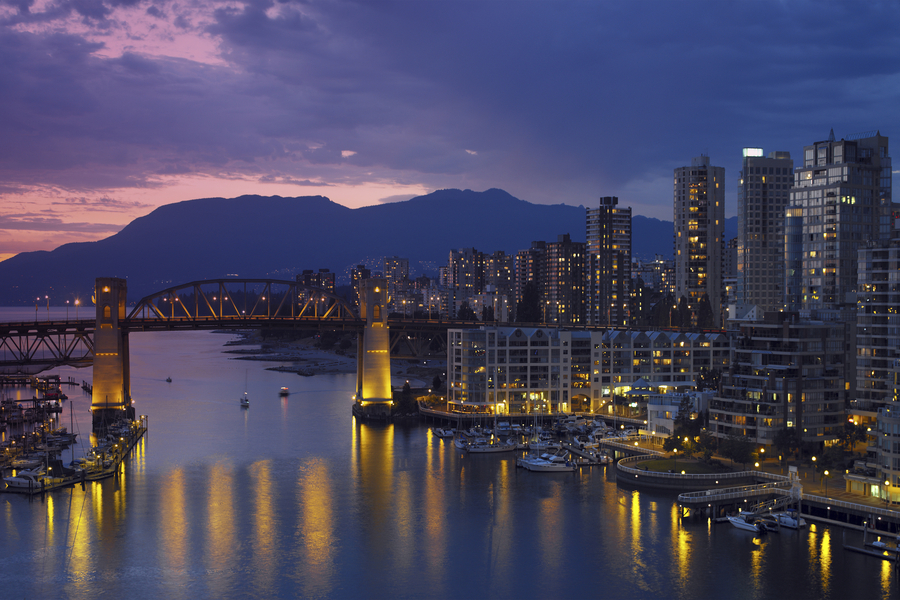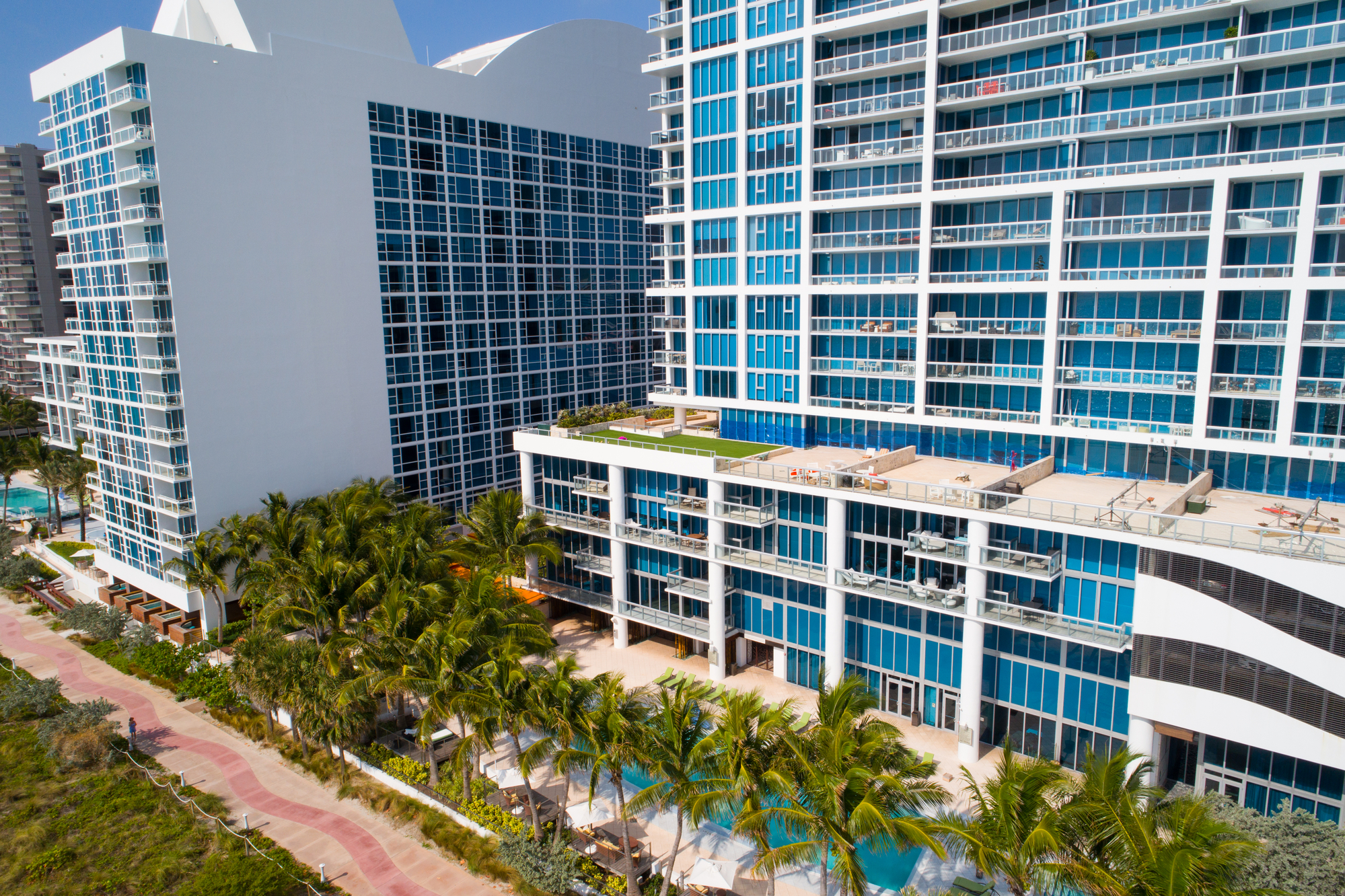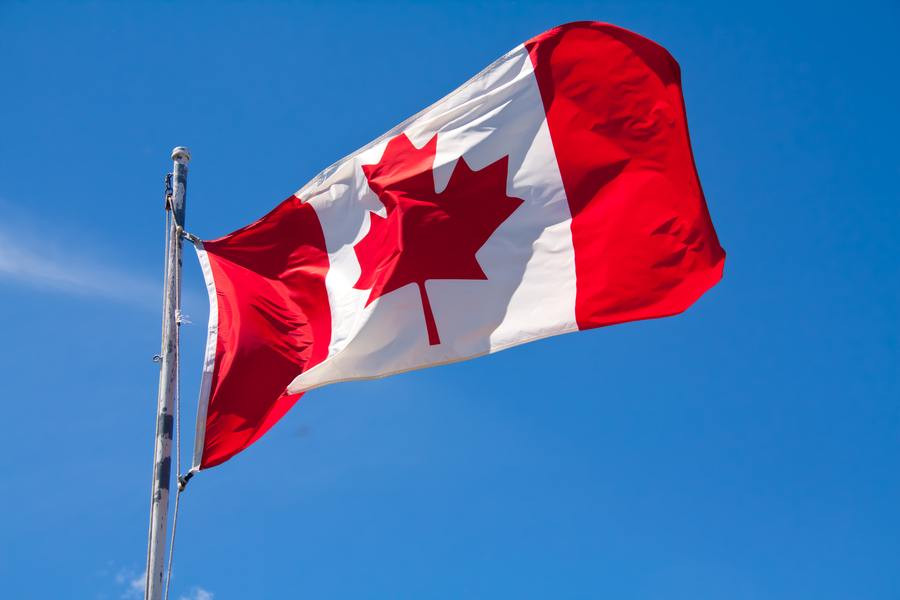Last Updated on October 24, 2023 by Neil Sharma
Operators of secondary short-term rental units in Quebec will have to register with the Corporation de l’industrie touristique du Quebec—which also regulates the province’s hotels—or face fines in the thousands.
The new piece of regulation, slated to come into effect this fall, targets properties being rented out for fewer than 31 days, and failure to comply will permit Revenu Quebec to dole out fines of up to $10,000 for individual operators and up to $25,000 for corporations.
The proliferation of short-term rentals in the country’s second-largest city has all of a sudden dried up its rental inventory—the reason for which the regulation is garnering support in the real estate industry.
“If you look at certain neighbourhoods—the Plateau-Mont-Royal and the city centre—about 3-5% of units are being used for Airbnb,” said Maxime Roy-Allard, a spokesperson for Regroupement des comites logement et associations des locataires du Quebec, a rental advocacy organization. “Thousands and thousands of apartments are being taken out of the rental housing market and that’s concerning because we hear about many families with the first of July approaching [when leases in the province begin and expire] are finding it difficult to find big enough places that are affordable.”
In fact, there are even bidding wars on long-term accommodations now because short-term rentals have eaten up so much of Montreal’s available stock.
“They’ll offer $50 or $100 more a month for the apartment, but of course low-income tenants don’t have the opportunity to do this because they can’t afford to,” said Roy-Allard.
While the regulation is welcome, Roy-Allard noted that it doesn’t go as far as the Regroupement des comites logement et associations des locataires du Quebec would like it to.
“We don’t want there to be secondary units at all,” he said. “What we say is it should be banned, but we know the government won’t go that far right now. We think that only your primary home should be used for Airbnb and it should be limited to a certain amount of days.”
Montreal-based chartered broker Amy Assaad of Royal LePage also welcomes the regulatory regime for short-term rentals because, to date, Airbnb has operated in the city with virtual impunity. The short-term rental model has grown to such an extent that entire buildings in the city only rent to transient tenants.
“Whole apartment buildings have been turned into Airbnbs,” said Assaad. “They do this because they see more profit and there’s huge demand for it, but it takes away from long-term renters, so I think this regulation is great. We needed more structure and Airbnb came to Montreal too quickly, and with too few rules to follow, and it’s caused inventory to fall considerably because the owners of entire apartment buildings see more value in renting units on a short-term basis.”
The regulation is good news for hotels, which have watched their market shares erode with nary a solution in sight. Patrice Groleau, license partner at Engel & Völkers Montreal, says that the prevailing mood regarding short-term rentals in the city is one of frustration.
“These are professional landlords and, for the ones doing it as a side business, the regulation will force them to declare tax revenue, which is good because it’s more money for the government,” he said. “This really makes sense. We’re selling a lot of projects and a lot of them don’t allow short-term rentals. So we’re going back to the main reason that Airbnb was created in the first place.”
Neil Sharma is the Editor-In-Chief of Canadian Real Estate Wealth and Real Estate Professional. As a journalist, he has covered Canada’s housing market for the Toronto Star, Toronto Sun, National Post, and other publications, specializing in everything from market trends to mortgage and investment advice. He can be reached at neil@crewmedia.ca.









